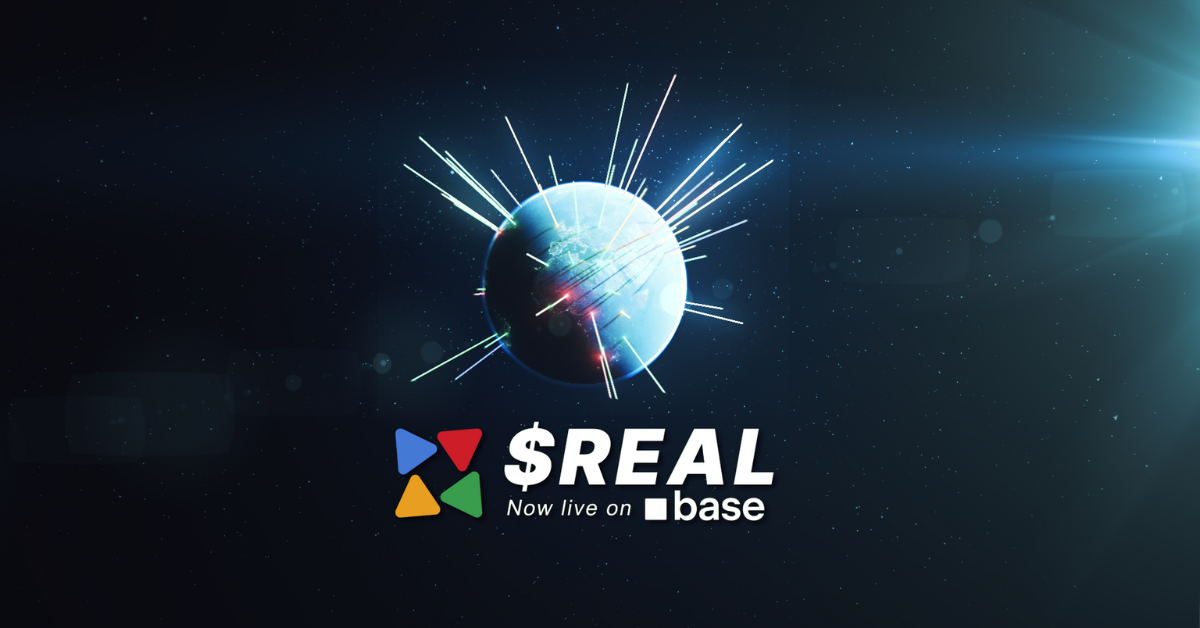Why Defactor uses the ERC-3643 token standard
Defactor's allegiance to ERC-3643 stems from its membership within the ERC-3643 consortium. This affiliation signifies a commitment to harnessing this standard's capabilities, in addition to giving Defactor the ability to steer the future of the standard and to collaborate with consortium partners to tackle modern-day tokenisation challenges.
The consortium's focus on compliance, native KYC/ID support, and issuer-controlled tokens aligns seamlessly with Defactor's vision for secure and regulated tokenisation practices. By utilising ERC-3643, Defactor ensures a purpose-built, open-source framework that meets the stringent requirements of enterprise-grade asset tokenisation.
How Defactor uses the ERC-3643 standard
Defactor's integration of ERC-3643 extends beyond mere adoption; it permeates through Defactor’s asset tokenisation platform, ASSETS. This platform serves as the bedrock for leveraging the standard's capabilities, offering a streamlined approach to tokenise any kind of asset securely and efficiently.
The utilisation of ERC-3643 within ASSETS guarantees a compliant, secure, and purpose-built solution for those seeking to tokenise their assets. The native support for all types of assets, coupled with issuer control and inherent KYC/ID functionality, aligns well with Defactor's commitment to delivering a robust and compliant tokenisation experience.
Start your tokenisation journey
Defactor provides a comprehensive suite of tools for seamless tokenisation, community engagement, liquidity provision, and robust governance.
This toolkit consisting of ASSETS, which simplifies tokenisation for all asset types, ENGAGE, which acts as community hub, promoting transparency and community involvement, and POOLS, which empowers businesses in creating liquidity pools, provides anyone with the right tools for starting their tokenisation journey.
To learn more about how you can get started with tokenisation, reach out to us via our contact page!







